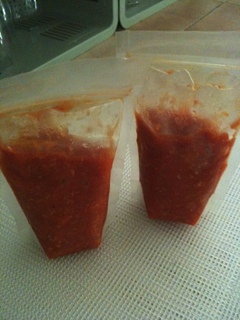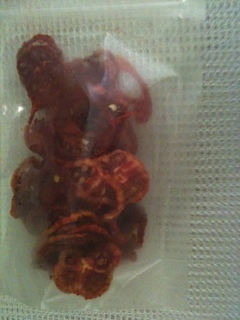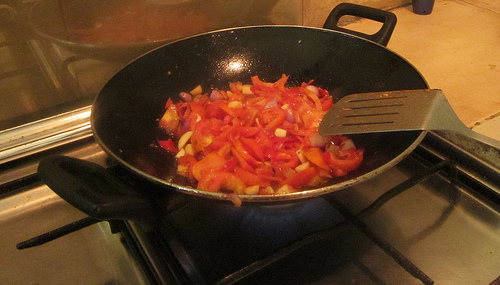Tomato blessing
/Our fertile lands at Jiwa Damai produce delicious tomatoes.
Since we can not eat all these tomatoes at once, we regularly process them into other products.
We use our fresh tomatoes to make Balinese Sambal. We already shared our recipe for original Balinese Sambal in one of our older posts. Click here to read the post.
The sambal is cooked and then filled into plastic bags, sealed and frozen.
Another option is to dry the tomatoes (with our raw food oven). This is an excellent method to conserve fruit and vegetables.







